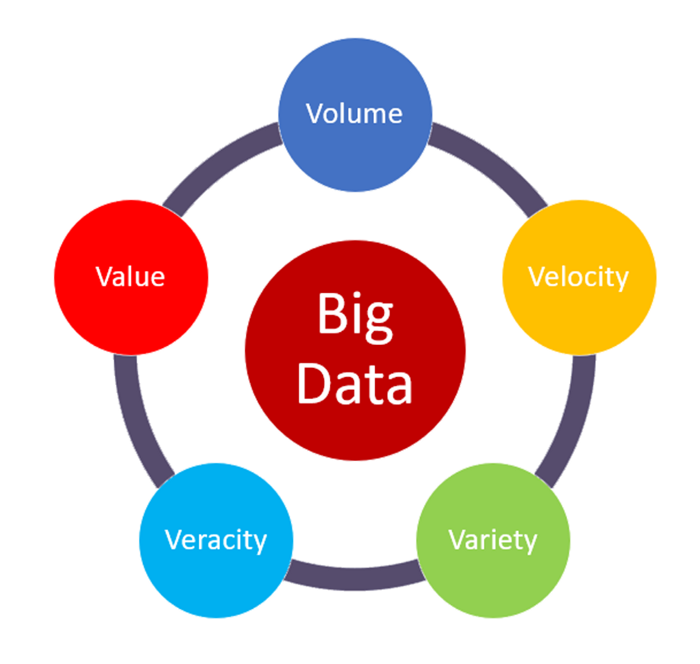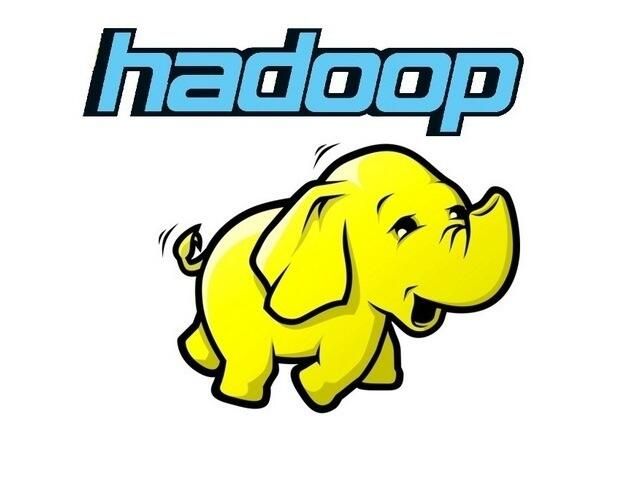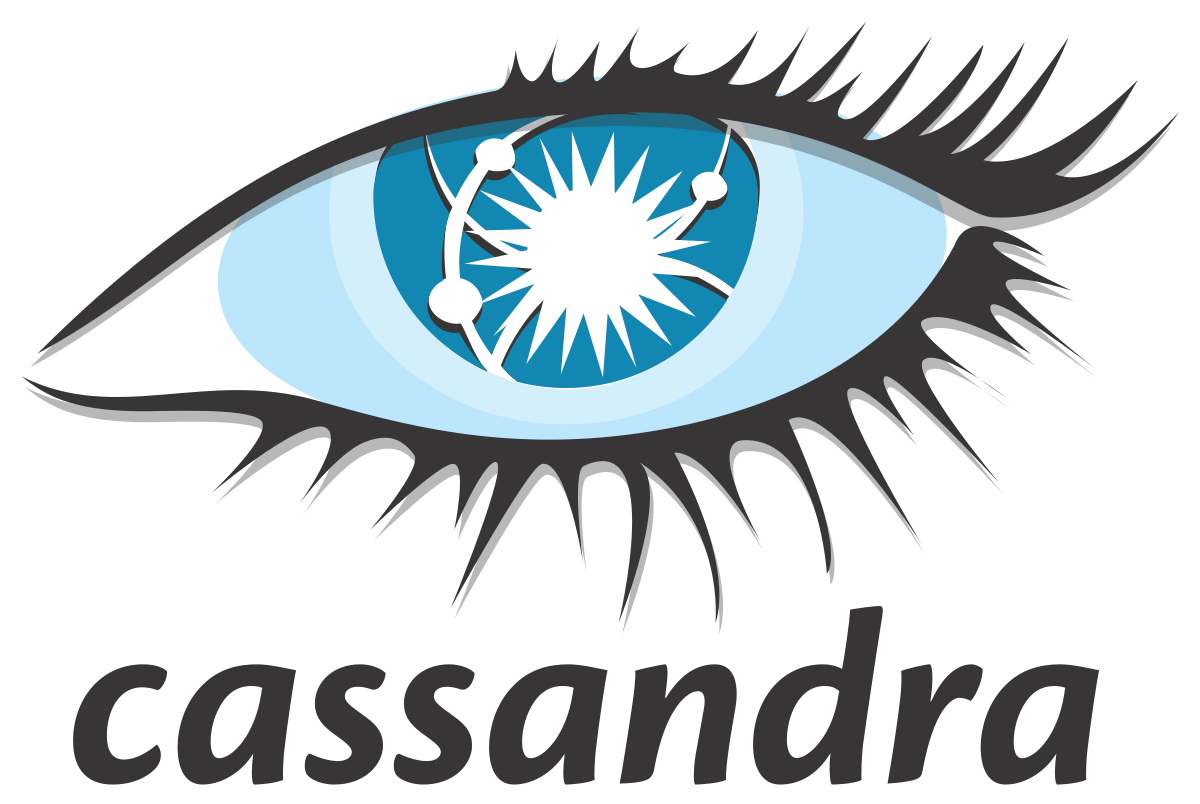
In today’s digital age, the amount of data being generated is growing at an exponential rate. Big data is the term used to describe this vast amount of data that is being generated by individuals and organizations every day. The data is characterized by its size, complexity, and speed at which it is generated. It has become an important aspect of decision-making for businesses, governments, and organizations.
In this article, we will explore,
- What big data is,
- The challenges it presents, and
- The benefits it provides.
What is Big Data?
Big data refers to the vast amount of structured and unstructured data that is being generated by businesses, organizations, and individuals every day. This data is often too large and complex to be processed by traditional data processing tools. Big data is characterized by 5 Vs, which are usually the characteristics of large datasets. Each “V” refers to a distinct characteristic that can help organizations better understand the nature of the data they are working with.
Those are,
- Volume: This refers to the vast amount of data that is generated every day. With the growth of the internet and social media, there is an explosion of data that is being generated from various sources. Big data is all about processing and analyzing this large volume of data.
- Velocity: This refers to the speed at which data is generated and needs to be processed. With the increasing number of data sources, the speed at which data is being generated has also increased. Big data technologies are designed to handle this velocity and process the data in real-time.
- Variety: This refers to the different types of data that are being generated. Big data includes both structured and unstructured data, such as text, images, audio, and video. The challenge here is to process and analyze this variety of data to derive meaningful insights.
- Veracity: This refers to the reliability and accuracy of the data. Big data technologies need to ensure that the data being analyzed is accurate and trustworthy. With the sheer volume of data being generated, it is easy to have errors or inconsistencies in the data.
- Value: This refers to the insights and value that can be derived from analyzing the data. Big data technologies are designed to help organizations gain valuable insights from their data to make informed decisions, improve their operations, and gain a competitive edge in their industry.

Challenges of Big Data
Despite the numerous benefits of big data, there are still challenges that need to be addressed. Some of the challenges include:
- Data privacy and security: With the large amount of data being collected, it is important to ensure that the data is secure and that privacy is maintained. Data breaches can lead to significant financial and reputational loss.
- Data quality: The data is often unstructured and can come from different sources, which can result in poor data quality. This can lead to erroneous analysis and decisions.
- Data integration: The data comes from different sources and can be in different formats, which can make it difficult to integrate and analyze.
- Cost: The cost of collecting, storing, and processing big data can be high. This can limit the ability of small and medium-sized businesses to fully utilize big data.
Benefits of Big Data
Despite the challenges that big data presents, it also offers many benefits. Here are some of the benefits of big data:
- Improved Decision-Making: The data provides organizations with the ability to make informed decisions based on insights gained from analyzing large volumes of data.
- Cost Savings: The data can help organizations save money by identifying areas where cost savings can be made.
- Improved Customer Experience: The data can help organizations to better understand their customers, which can lead to an improved customer experience.
- Innovation: The massive data can be used to identify new trends and opportunities, which can lead to innovation.
Big Data Tools
Big data tools are software applications or platforms designed to process and analyze large, complex datasets that cannot be handled by traditional data processing tools. These tools are essential for working with big data because they allow users to collect, store, process, and analyze data on a scale that was previously not possible.
Some of the most popular tools are:
- Apache Hadoop: It is a distributed processing system that can be used to store and process large datasets. It is open-source software that provides a way to store and process large datasets across a cluster of computers. Hadoop is highly scalable, fault-tolerant, and cost-effective. (Use our Hadoop cheatsheet to get you started)

- Apache Spark: This is an open-source distributed computing system that can process large datasets quickly. Spark is built for speed, ease of use, and sophisticated analytics.

- Apache Cassandra: This is a highly scalable NoSQL database management system that is designed to handle large amounts of structured and unstructured data. Cassandra provides high availability with no single point of failure.

- Apache Storm: Storm is an open-source real-time data processing engine that allows for the processing of large volumes of streaming data in real-time. It provides fault-tolerant processing, scalable architecture, and easy integration with other data tools.

- Apache Kafka: This is a distributed streaming platform that can be used to collect, process, and analyze streaming data in real-time. Kafka is highly scalable, fault-tolerant, and has low latency.

***Please note that the list presented here is not exhaustive and is meant to provide a general idea or overview
Conclusion
Big data has transformed the way we approach data processing, analysis, and decision-making. The sheer volume, velocity, and variety of data generated by modern businesses, industries, and society as a whole require new tools and techniques to handle and make sense of it all.
Big data tools, such as Hadoop, Spark, Hive, Storm, and Kafka, have emerged to provide scalable, efficient, and cost-effective solutions for collecting, storing, processing, and analyzing big data. They allow organizations to extract valuable insights from vast amounts of data and make data-driven decisions that can lead to increased efficiency, better customer experience, and greater innovation.
However, the challenges of big data are not limited to technical aspects. Privacy concerns, data security, and ethical considerations are also critical issues that need to be addressed to ensure responsible and sustainable use of big data. Organizations need to establish strong data governance policies and implement security measures to protect sensitive data.
Overall, big data presents both challenges and opportunities for businesses, researchers, and society. By leveraging the power of big data tools and techniques, we can unlock valuable insights, drive innovation, and create new opportunities for growth and progress.



